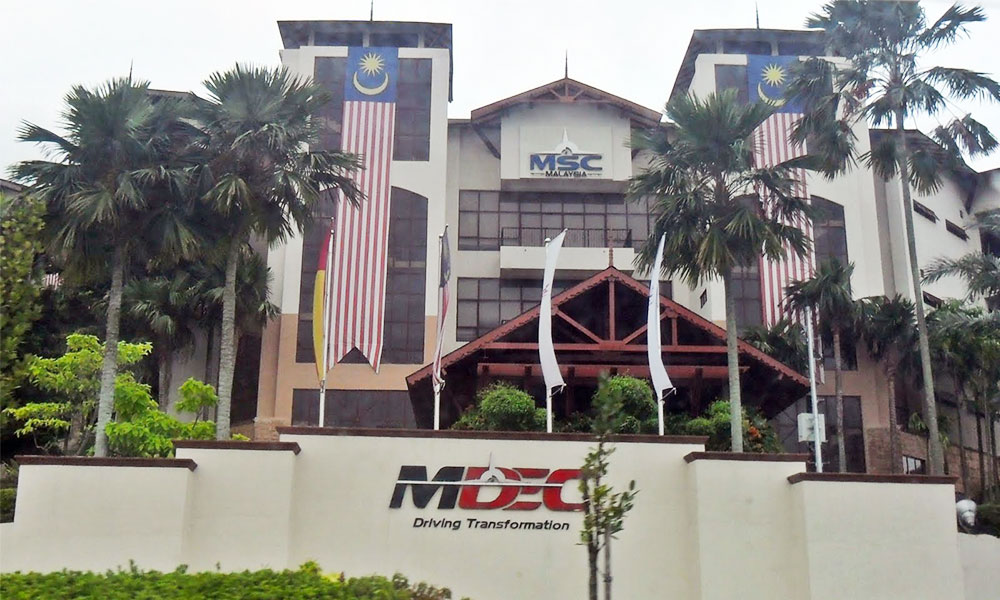LETTER | The Malaysia Digital Economy Corporation (MDEC) is tasked with organising and leading Malaysia's digital economy forward. MDEC recently announced Malaysia 5.0, which can contribute to a more sustainable and circular economy.
Malaysia 5.0 can achieve that by building up the national digital ecosystem with an alliance of stakeholders both within government and across private enterprise to enable business and societal migration to the digital age.
Malaysia 5.0 will address financial inclusion, access, performance, and growth through 4th Industrial Revolution tools such as fintech, blockchain, and AI. Digital network hubs will emerge as core components of every country’s digital infrastructure, facilitating the interoperability of goods and services that flow through them with interconnectivity between such hubs.
Digital asset exchanges will play an important role offering participants the ability to monetise their activity over this digital infrastructure, essentially serving as the capital markets for Malaysia 5.0.
Digital exchanges offering dynamic asset conversion facilities will bridge the current legacy marketplaces with the new e-marketplaces and allow them to coexist for the foreseeable future.
The issue has been the inability to deploy capital and move assets seamlessly between legacy platforms. This is a historic problem for exchanges which has persisted since their inception as floor-based marketplaces and continued as they moved to electronic trading. They remained standalone pools of liquidity, making interoperability between them difficult, expensive, and only possible via multiple intermediaries.
The advent of digital exchanges will offer necessary redundancies in capital markets, as well as providing enhanced liquidity and transparency. Legacy exchanges work well for blue-chip companies, in the same way that banks function as efficient lenders for large MNC’s. But for startups and SME’s, these options carry massive costs and overhead expenses.
The future of exchanges will combine digital and traditional assets in ways that change the decades-old exchange model. The impact of such changes could be dramatic, especially for startups and SME’s. Tokenisation and blockchain-based solutions can revolutionise the ability of smaller companies to raise capital, and make the process more streamlined and cost-effective.
The role that digital change agents like MDEC can play will be to support and manage such transformational shifts. The need for robust institutional-grade digital asset exchanges in trusted environments is greater than ever. This is already starting to happen in regulated environments as opposed to the ‘crypto wild west’.

Digital asset exchanges represent a huge opportunity globally - the ASEAN region included. The market for digital assets has evolved substantially as security tokens have started to gain more traction with institutional investors. A survey conducted by the World Economic Forum predicted that 10 percent of GDP will be stored on blockchain technology by 2027, equivalent to US$24 trillion (RM100.3 trillion) of financial assets.
Malaysia 5.0 is a golden opportunity to put the country into the heart of Digital ASEAN. The potential for early adopter countries to take the lead is further facilitated as round-the-clock transactions become easier, cheaper, and more secure with a global reach.
RAIS HUSSIN is the chairperson of the Malaysia Digital Economy Corporation (MDEC) and a Bersatu supreme council member.
The views expressed here are those of the author/contributor and do not necessarily represent the views of Malaysiakini.

